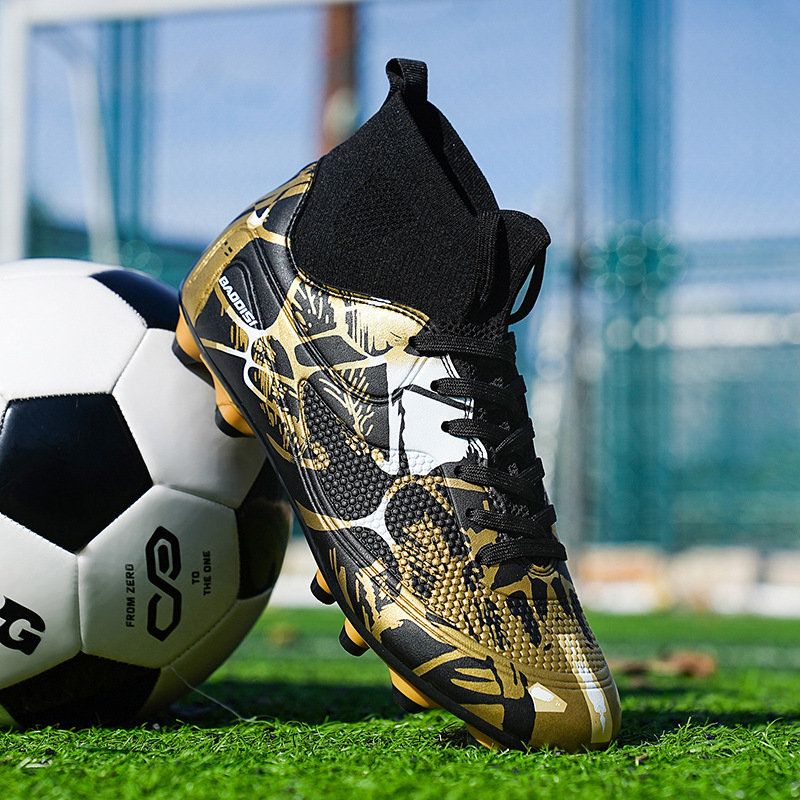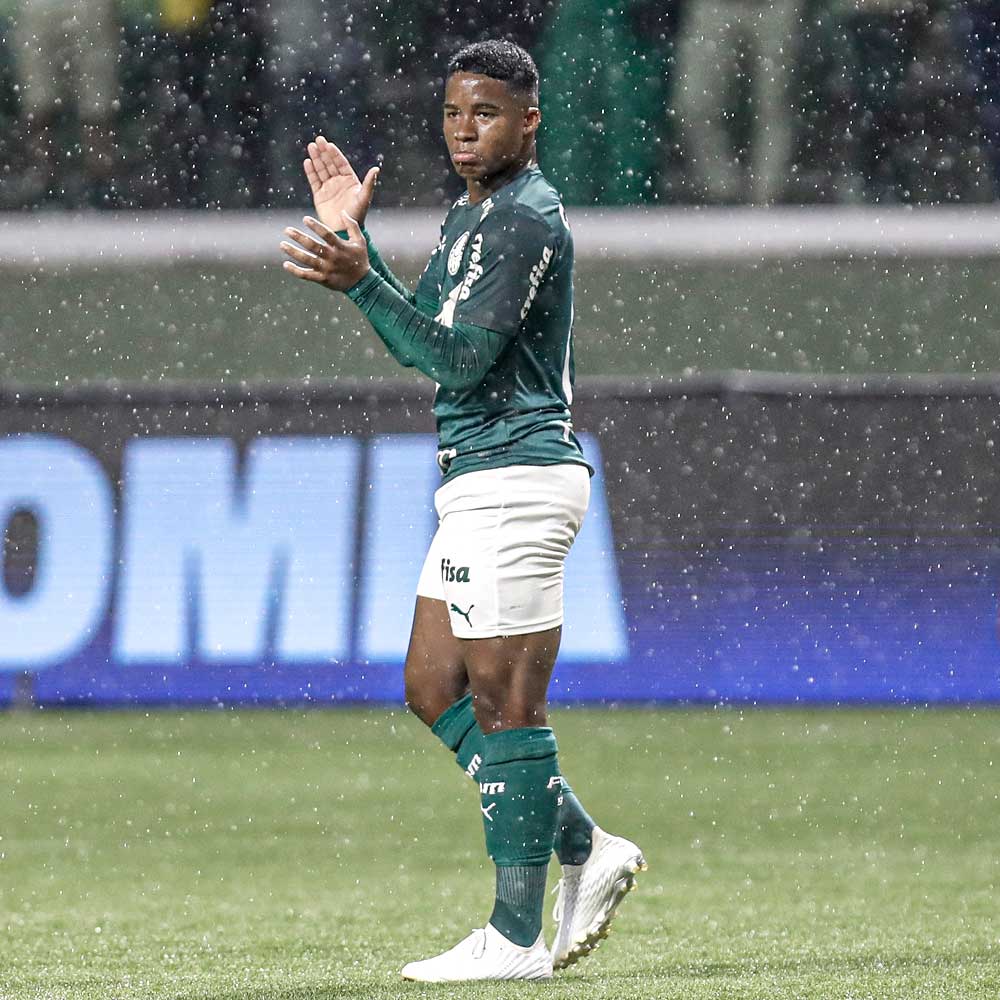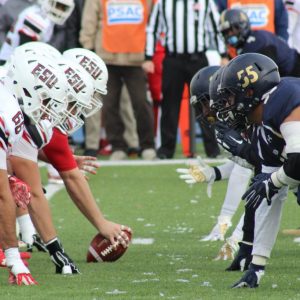I. Introduction
In the game of football, determining the best position for a player is crucial for the success of the team. This decision can have a significant impact on the outcome of a game, as different positions require varying skill sets and responsibilities. In this blog post, we will explore the criteria for evaluating the best position in football and discuss the importance of both offensive and defensive positions.
II. Importance of Offensive Positions
A. Quarterback
The quarterback is often considered the most important position in football as they are responsible for leading the offense and making critical decisions on the field. A successful quarterback must possess strong leadership qualities and exceptional decision-making skills. They are the primary play-caller and have a significant impact on the offensive strategy and game flow.
Furthermore, a quarterback’s ability to read the defense, process information quickly, and make accurate throws under pressure is essential for the success of the team. Their performance directly impacts the team’s ability to move the ball down the field and score points.
B. Running Back
The running back is another critical offensive position, as they are responsible for carrying the ball and contributing to both the running and passing game. Speed, agility, and power are essential traits for a successful running back, as they often face high levels of physical contact and must be able to evade defenders while gaining yardage.
Additionally, running backs play a crucial role in the team’s offensive strategy, as they are often utilized as both ball carriers and pass receivers. Their ability to break tackles, find running lanes, and contribute to the team’s overall offensive production makes them a vital part of the team’s success.
III. Impact of Defensive Positions
A. Defensive End
Defensive ends are tasked with rushing the passer and setting the edge to contain running plays. Their physicality and speed are key in pressuring the quarterback and stopping ball carriers. They play a critical role in disrupting the opponent’s offensive plays and creating turnovers.
- Role in rushing the passer and setting the edge
Defensive ends are responsible for creating pressure on the quarterback and disrupting passing plays. By effectively setting the edge, they force running plays back inside, allowing the rest of the defense to make tackles. Their ability to do this successfully can greatly impact the outcome of a game. - Importance of physicality and speed
The combination of physical strength and speed is crucial for defensive ends. They must be able to overpower offensive linemen to get to the quarterback while also having the agility to contain running backs. These physical attributes make them key players in the defensive line.
B. Linebacker
Linebackers are known for their versatility, impacting both the run defense and pass coverage. Their leadership and playmaking abilities are vital in directing the defense and making key plays.
- Versatility and impact on run defense and pass coverage
Linebackers are often tasked with stopping the run, covering tight ends and running backs in pass coverage, and rushing the quarterback on blitz plays. Their ability to excel in multiple aspects of the game makes them invaluable to the defense. - Leadership and playmaking ability
Linebackers are often the leaders of the defense, calling plays and making adjustments based on the opponent’s formations. Their playmaking ability, whether it’s a crucial tackle, interception, or forced fumble, can change the momentum of a game.
The importance of skill positions such as wide receivers and cornerbacks cannot be overstated in football. Their impact on the passing game, ability to make game-changing plays, and the necessity of their athletic abilities are crucial for the success of their respective teams. It is clear that these skill positions are integral to the dynamic and exciting nature of the sport.
IV. Special Teams Positions
A. Kicker
Kickers are responsible for scoring points through field goals and extra points, as well as affecting game momentum through kickoffs. Their accuracy and distance are critical in determining the outcome of close games.
- Importance of accuracy and distance for scoring points
The precise and powerful leg of a kicker is essential for scoring points. Whether it’s a game-winning field goal or consistently making extra points, a kicker’s accuracy and distance are vital for a team’s success. - Impact on game-changing field goals and kickoffs
Kickers have the ability to swing the momentum of a game with a successful field goal or pinning the opponent deep with a well-placed kickoff. Their performance in these high-pressure situations can determine the outcome of a game.
B. Long Snapper
Long snappers might not receive as much attention as other positions, but their role in accurate and quick delivery for punts and kicks is crucial for the success of special teams.
- Role in accurate and quick delivery for punts and kicks
The long snapper’s ability to consistently deliver accurate and fast snaps to the punter or holder is essential for the execution of punts and kicks. Their precision is vital in ensuring the success of these plays. -
Impact on the success of field goal and extra point attempts
The long snapper’s role directly affects the timing and accuracy of field goal and extra point attempts. A reliable long snapper can contribute to the team’s overall success in special teams situations.
V. Importance of Skill Positions
A. Wide Receiver
Wide receivers are integral to the success of the passing game, using their speed, agility, and catching ability to make game-changing plays for their team. They are often key playmakers and are essential for a team’s offensive success.
- Impact on the passing game and ability to make game-changing plays
Wide receivers have a significant impact on the passing game, as they are often the primary targets for quarterbacks. Their ability to create separation from defenders and make acrobatic catches can turn the tide of a game with a single play. - Importance of speed, agility, and catching ability
The combination of speed, agility, and reliable hands is crucial for wide receivers. Their speed allows them to outrun defenders, their agility helps them make sharp cuts and changes of direction, and their catching ability is essential for securing passes and making big plays.
B. Cornerback
Cornerbacks are responsible for defending against the pass and preventing big plays by the opposing team. Their speed, agility, and coverage skills are essential for shutting down opposing wide receivers and maintaining a strong defensive presence.
- Role in defending against the pass and preventing big plays Cornerbacks are on the front lines of the defense, tasked with matching up against the opposing team’s wide receivers. Their ability to effectively cover and defend against passes is crucial for preventing big plays that could swing the momentum of a game.
-
Importance of speed, agility, and coverage skills Speed, agility, and top-notch coverage skills are essential for cornerbacks. They must be able to keep up with the speed and quickness of wide receivers while maintaining tight coverage and making plays on the ball.
In conclusion, the best position in football is not solely defined by traditional roles such as quarterback or defensive end. Each position on the football field plays a vital role in the success of the team, and evaluating players based on their specific skill sets and contributions to the team is crucial for determining the best position for each individual. By recognizing the importance of offensive, defensive, special teams, and skill positions, teams can maximize their potential for success and create a well-rounded roster that is capable of achieving its goals.





